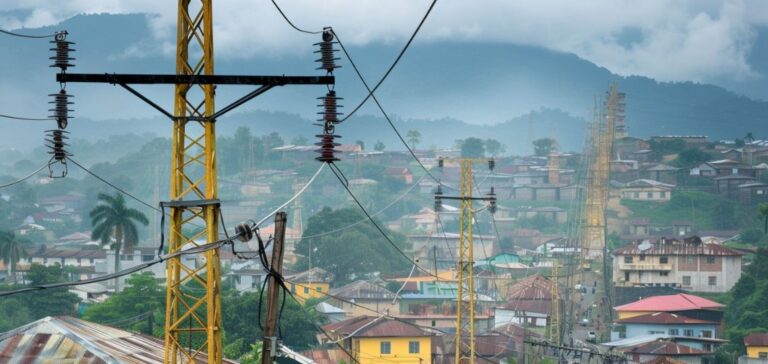Liberia is taking a new step in modernizing its energy infrastructure with the commissioning of the Liberia Energy Efficiency and Access Project (LEEAP). This project, supported by the European Union (EU), EU Member States, the European Investment Bank (EIB), the African Development Bank (AfDB), and the Government of Liberia, aims to enhance electricity access and optimize energy efficiency across the country.
A Strategic Investment in Energy
The EU has contributed €107 million to the implementation of LEEAP, making it the largest grant donor to Liberia’s energy sector. This funding will not only reduce electricity costs but also redirect investments toward other essential economic sectors.
As part of the project, over 110 professionals from the Liberia Electricity Corporation (LEC), the Ministry of Mines and Energy (MME), the Environmental Protection Agency (EPA), the Ministry of Finance and Development Planning (MFDP), and other public institutions have been trained to improve the management of the national electricity grid.
Impact on the Economy and Employment
LEEAP is not limited to improving electrical infrastructure. It also generates economic opportunities, notably by creating thousands of local jobs. New connections will enable businesses, academic institutions, and healthcare facilities to access more reliable energy, fostering economic growth in the country.
During the launch ceremony, Liberian Vice President Jeremiah Koung emphasized the importance of users paying for electricity, reminding that “Electricity is a business that must contribute to government revenues.”
Expansion Prospects
Liberia Electricity Corporation (LEC) intends to continue its efforts to expand energy access by developing solar energy infrastructures and strengthening the national electricity network. Thomas Z. Gonkerwon, LEC’s Interim Managing Director, highlighted that the project is “a major driver for economic growth and an improvement in the quality of life for Liberians.”
With the commissioning of LEEAP, Liberia benefits from a reinforced framework for managing its energy network, offering new development prospects for economic players and households in the country.






















